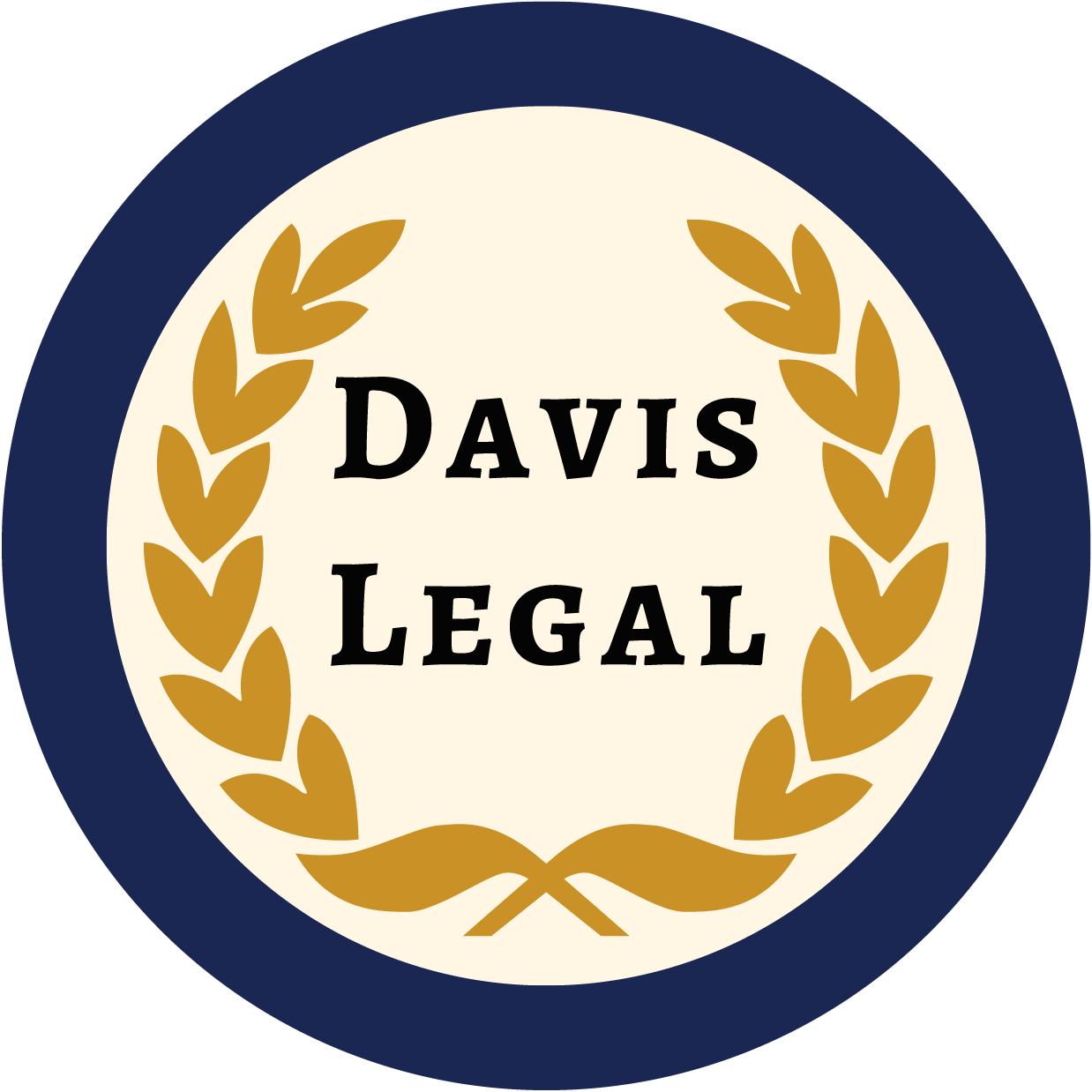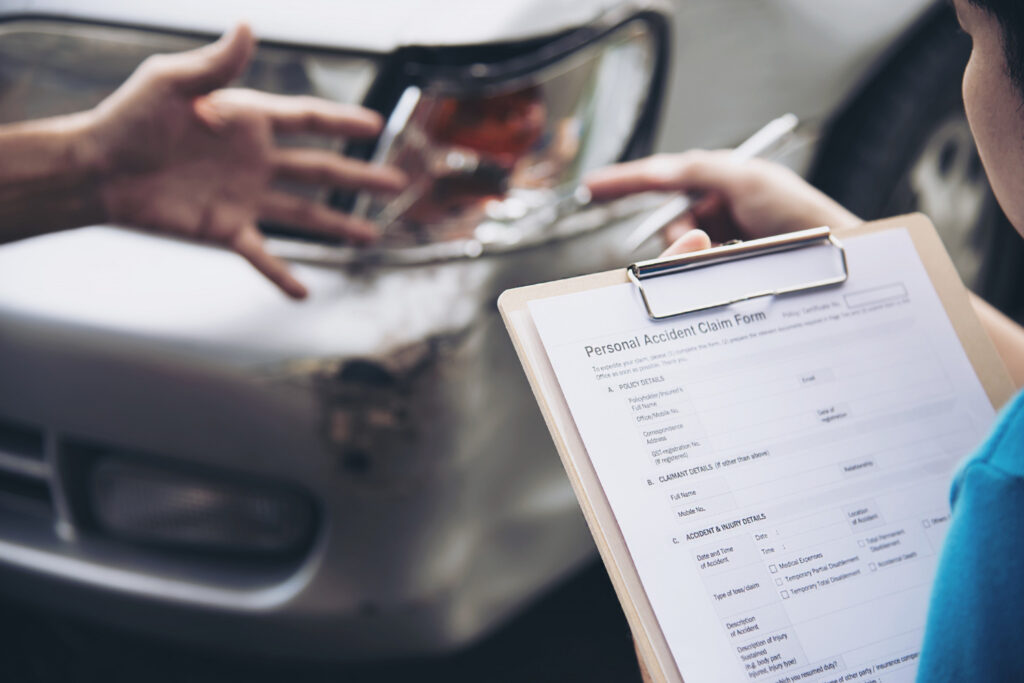Car accidents are always stressful. Between dealing with injuries, property damage, and insurance companies, it’s easy to feel overwhelmed.
But one of the most important questions that arises after any collision is: who is at fault?
In Arkansas, understanding car accident liability is critical if you want to protect your legal rights and secure the compensation you deserve. Here’s what you need to know.
Arkansas Is an At-Fault State: Here’s What That Means
Unlike some states that operate under “no-fault” systems, Arkansas follows an at-fault or tort-based approach.
That means the person responsible for causing the accident is also responsible for covering the damages—whether through their insurance or out of pocket.
This system directly affects how claims are handled. If someone hits your vehicle and they are found liable, their insurance is expected to pay for your car repairs, medical bills, lost wages, and other damages.
However, if you are at fault, you may be held liable for the other party’s expenses.
Understanding this framework helps you make smarter decisions about your insurance coverage and how to respond after a crash.
Understanding Comparative Fault in Arkansas
Arkansas uses a modified comparative fault system with a 51% bar rule. This means that:
- You can recover damages only if you are less than 51% at fault.
- Your total compensation will be reduced by your percentage of fault.
For example, if you’re awarded $10,000 but found to be 20% at fault, you would receive $8,000. However, if you are found to be 51% or more at fault, you cannot recover any damages.
This legal structure necessitates the collection of evidence that bolsters your position. Even a slight increase in your percentage of fault could drastically reduce or eliminate your ability to recover compensation.
Common Scenarios that Impact Car Accident Liability in Arkansas
While every car accident is unique, certain types of collisions tend to follow predictable patterns when it comes to assigning fault.
Here are a few examples:
- Rear-End Collisions: In most cases, the driver who rear-ends another vehicle is considered at fault. However, exceptions can exist (e.g., the front car had malfunctioning brake lights).
- Left-Turn Accidents: A driver making a left turn is often found at fault if they collide with an oncoming vehicle, unless the oncoming car was speeding or ran a red light.
- Failure to Yield: Failing to yield the right-of-way can easily put a driver at fault. This often happens at intersections or when merging onto highways.
- Multi-Vehicle Pileups: These are complicated. Liability can be shared among multiple drivers, and determining fault requires a thorough investigation.
Understanding these scenarios can help you recognize where liability might lie in your own accident.
How Insurance Companies Determine Fault
After an accident, each party’s insurance company conducts an independent investigation.
They often use the following to assess fault:
- Police Reports: These carry significant weight, especially if citations were issued.
- Witness Statements: Neutral third parties can corroborate your version of events.
- Photos and Videos: Dashcams and phone footage can be incredibly helpful.
- Expert Analysis: In severe cases, insurers may use accident reconstruction specialists.
It’s important to note: the insurance company’s determination is not final.
If you disagree with their findings, you have the right to contest them, often with the help of an attorney.
Protect Yourself After a Car Accident
Taking the right steps immediately after a crash can significantly impact your ability to establish liability and receive fair compensation:
- Ensure Safety First: Check for injuries and move to a safe location.
- Call the Police: Always file an accident report, even for minor collisions.
- Document Everything: Take photos of damage, injuries, license plates, and road conditions.
- Exchange Information: Get contact and insurance info from all parties involved.
- Don’t Admit Fault: Avoid statements like “I’m sorry” or “It was my fault.”
- Seek Medical Attention: Even if you feel fine, get checked out.
- Consult a Lawyer: Especially if liability is contested or serious injuries are involved.
These actions protect your health and finances and create a record that can prove invaluable if legal questions arise.
Know Your Rights Before It’s Too Late
Accidents occur in the blink of an eye, but the consequences can stretch on for months—or even years. One wrong assumption, one missed deadline, or one careless comment at the scene can impact your financial future, your ability to recover damages, and even your legal standing.
In Arkansas, fault isn’t always as obvious as it seems. That’s why it’s essential to understand the state’s modified comparative fault rule—a system that allows you to recover compensation even if you’re partially at fault, as long as your share of the blame is less than 51%.
But here’s the catch: if you’re found to be 51% or more at fault, you may be barred from recovering any damages at all.
Knowing your rights means understanding how fault is investigated, how insurance companies assign blame, and what evidence you need to support your claim. It also means recognizing that the burden of proof often falls on you to protect your interests.
Without clear knowledge of your legal rights:
- You may accept a lowball insurance offer out of pressure.
- You might unknowingly admit fault during a stressful moment.
- You could miss the statute of limitations deadline for filing a claim.
Understanding your rights empowers you to act with clarity, not confusion. It ensures that you don’t get taken advantage of—by the other driver, their insurance company, or even your own.
Don’t wait until your options have vanished. Learn what the law entitles you to, how fault is really assigned, and how to document your side of the story before it’s too late to act.
Talk to a Car Accident Legal Expert
At Davis Legal, we help Arkansas drivers navigate the legal chaos that follows a car accident.
Whether you’re fighting an unfair insurance claim or unsure who was really at fault, our team is here to guide you through every step.
Don’t leave your financial future to chance.
Contact Davis Legal today at 662-617-9028 for a consultation and let us help you take control of your recovery.


